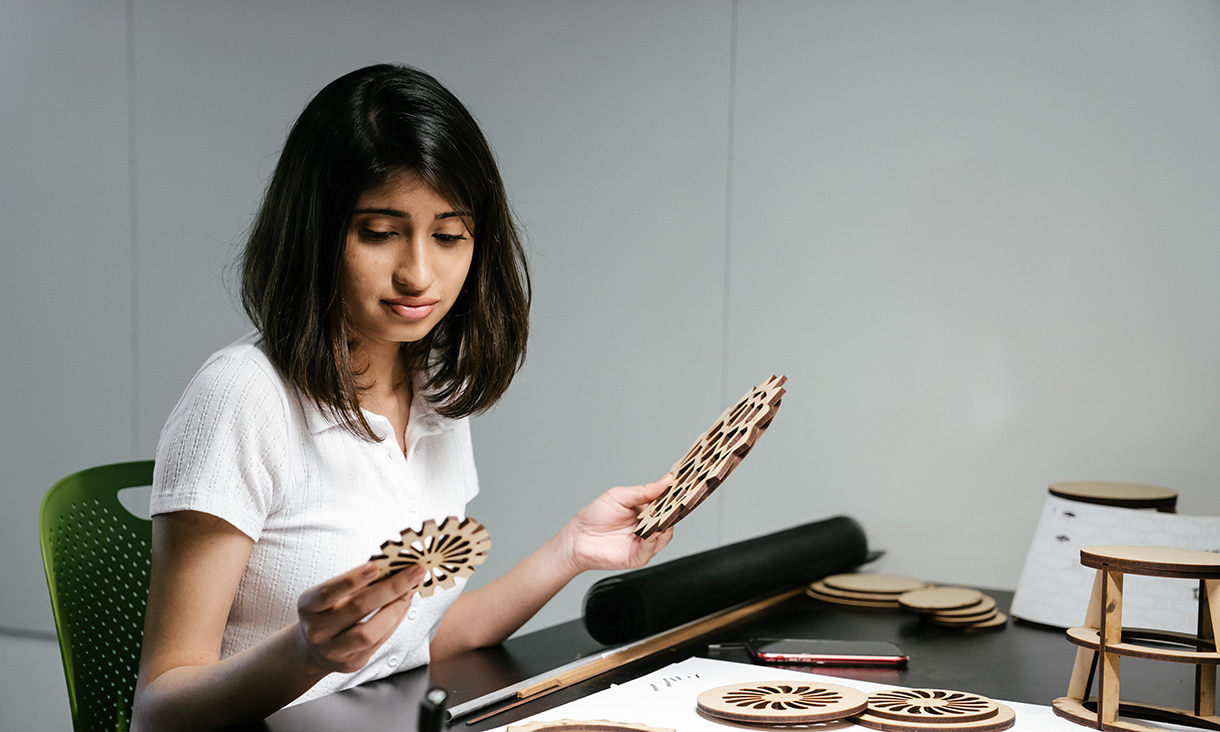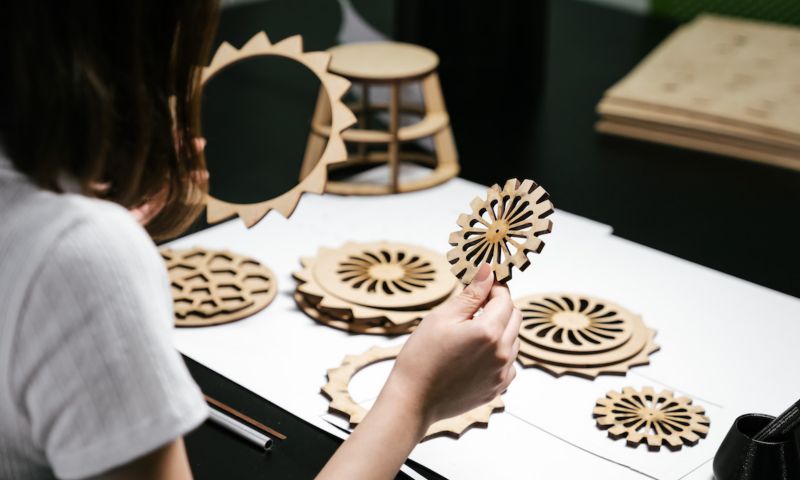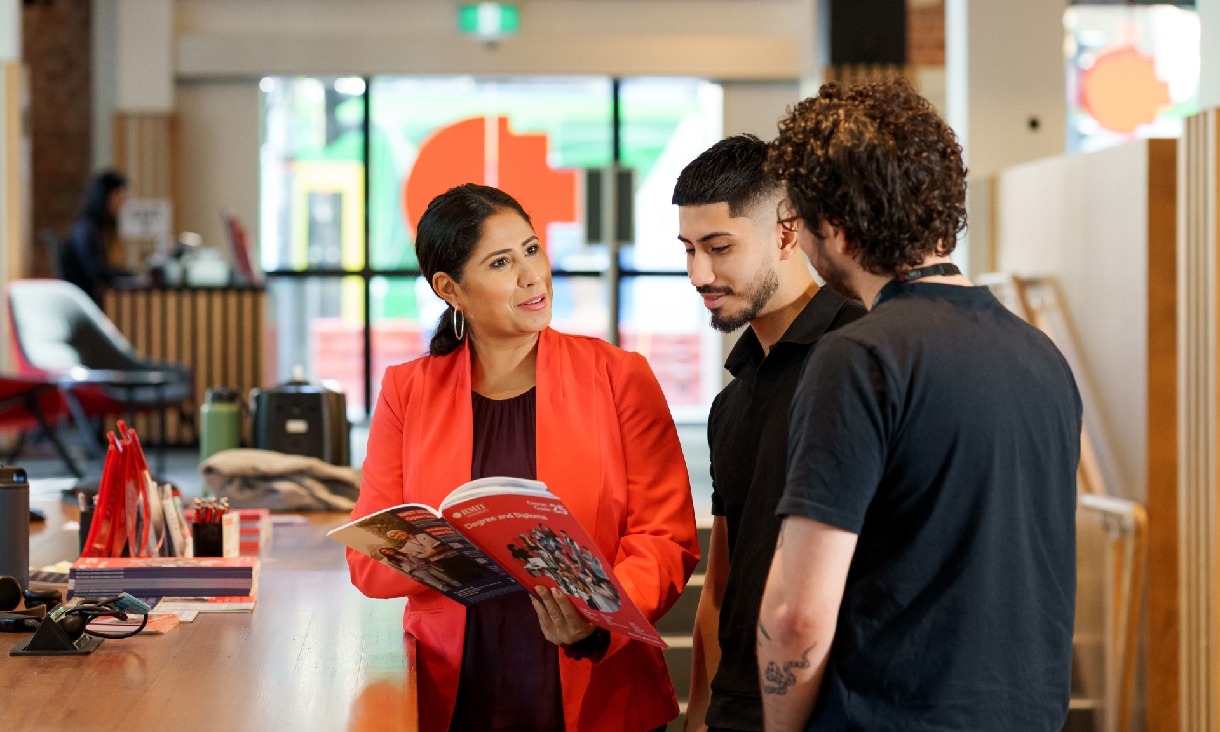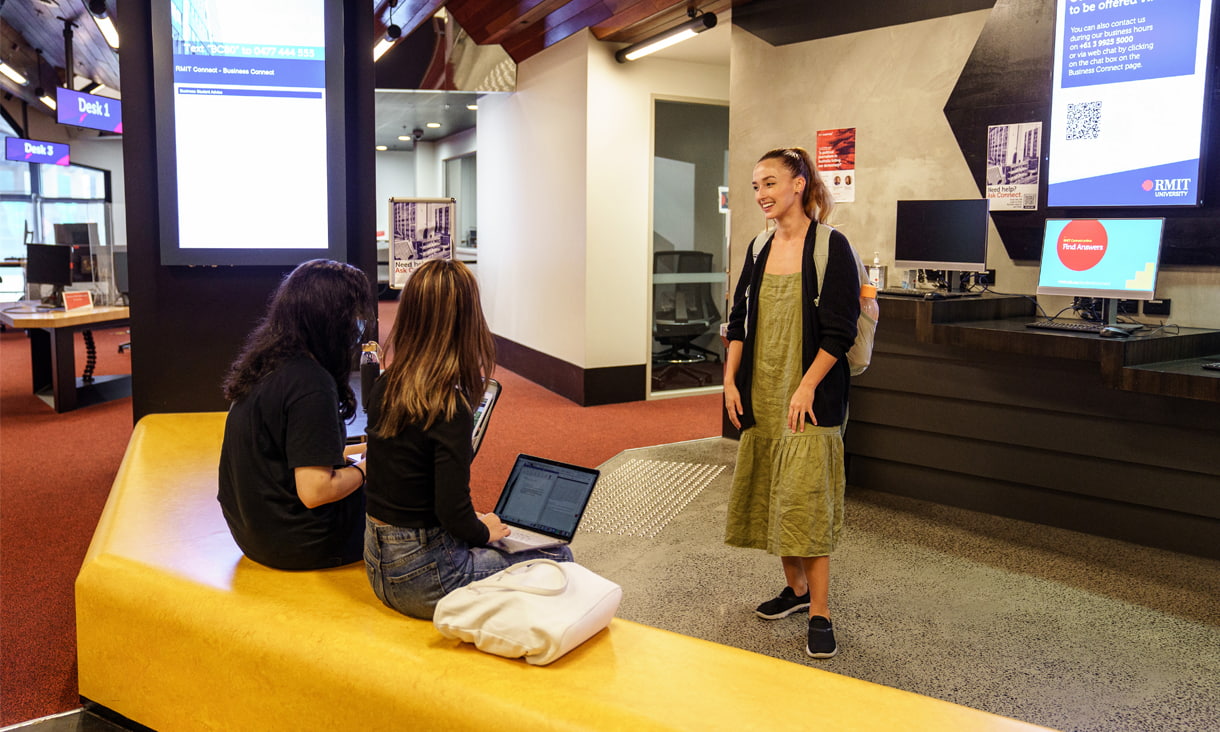ELS encompasses a range of disability support services for students, parents and carers, with the goal of providing equal opportunities to all students at RMIT.
Former Senior Coordinator of Equitable Learning and Accessibility, Tania Perez, said the most popular service is organising equitable learning plans for students. These plans outline students’ equitable learning support needs and can include adjustments for assessments, such as deadline extensions.
“Our services are tailored to individual needs and are self-directed by the student and include a range of study adjustments, assistive technology and linking students to study support services,” she said.
“We also organise services for students who have a print disability, including alternative formatting, assistive technology programs and linking students into library services. Other services we often organise are AUSLAN interpreters, notetakers and participation assistants.
“We also address any accessibility issues that may come up to ensure that students are included in all aspects of university life.”
ELS remote appointments are offered over the phone and online, but you can also book a face-to-face sessions which will be held at RMIT’s Melbourne City campus. To book an appointment with an ELS advisor, call directly on +61 3 9925 5000, or use the online booking system.







